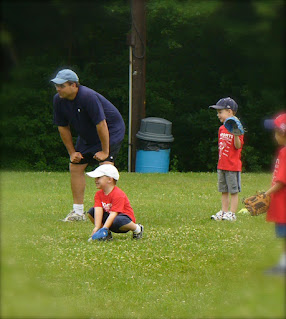As April school vacation draws to a close, the end of the 2021-2022 school year seems ever closer, and with that, minds turn to vacation. Each year, I try to keep an eye out for announcements of peanut allergy accommodations at baseball games in the U.S. and Canada, and I post my findings along with links to additional information about the accommodations and ticket purchasing. With the help of food allergy friends near and far, allergists' offices, food allergy organizations, and the baseball teams themselves, I've been able to share this information on my blog,
Free to Enjoy Baseball, since about 2009. Prior to that, I shared the game info here on Food Allergy Buzz.
I remember when I first began to look into peanut allergy accommodations at baseball games, about fifteen years ago. I called the Pawtucket Red Sox, and the man--while friendly and polite--nearly laughed me off the phone. The Red Sox had limited seating for fans with peanut allergy but there was a waiting list and the information was not readily available; you had to do some digging and frankly, it was discouraging. It seemed like you had to be "in the know" and have a good chunk of change available.
Flash forward to 2022. Times have really changed! Many Minor League baseball teams have made accommodations for fans with peanut allergy. Some offer peanut allergy seating sections at every game, some hold peanut free games. A great number of Major League teams offer peanut allergy accommodations as well. Some teams are now offering allergy friendly options--and not just for peanut allergy--at their concession stands and some have ingredient binders at the ready too.
Many fans with peanut allergy, however, safely attend baseball games without special accommodations or seating. My family has attended games and eaten at Fenway without special seating. I remember my son breaking out in full body hives as a small boy on Halloween just from touching closed packages of candy. When our allergist heard about that Halloween experience, he was surprised by the high level of sensitivity to peanuts my son exhibited. We have been religious about avoidance, as you can imagine. Yet, we discovered being outside at the ballpark turned out to be just fine.
If you do attend a baseball game this season, we'd love to hear about your experience from the food allergy angle. Send us your story and photos too at jenniferATfoodallergybuzzDOTcom. Whatever your vacation plans, our Food Allergy Buzz family hopes you will enjoy a wonderful summer!

.png)





